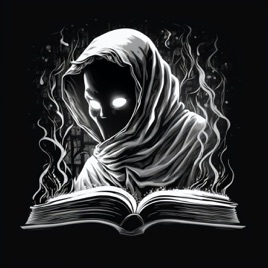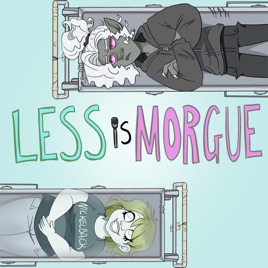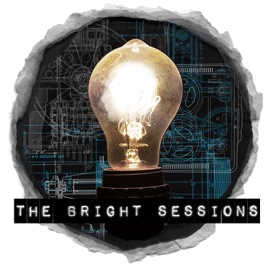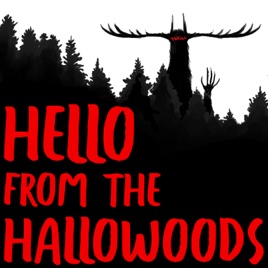
Advertise on podcast: Classic Ghost Stories
Description
A weekly podcast that reads out ghost stories, horror stories, and weird tales every week. Classic stories from the pens of the masters Occasionally, we feature living authors, but the majority are dead. Some perhaps are undead. We go from cosy Edwardian ghost stories (E. F. Benson, Walter De La Mare) to Victorian supernatural mysteries (M. R. James, Elizabeth Gaskell, Bram Stoker, and Charles Dickens) to 20th-century Weird Tales (Robert Aickman, Fritz Lieber, Clark Ashton-Smith, and H. P. Lovecraft) and wander from the Gothic to the Odd, even to the Literary, and then back again. Each episode is followed by Tony's take on the story, which can ramble on to discuss the weather, books, his dogs, what Sheila is foraging, and what he thinks of hauntology. Perfect to fall asleep to, and perfectly optional if you only want the tale itself. Get exclusive members episodes on Patreon: https://www.patreon.com/barcud
Social media
Check Classic Ghost Stories social media presence
Podcast episodes
Check latest episodes from Classic Ghost Stories podcast
Podcast reviews
Read Classic Ghost Stories podcast reviews
Podcast sponsorship advertising
Start advertising on Classic Ghost Stories & sponsor relevant audience podcasts
You may also like these science fiction Podcasts














